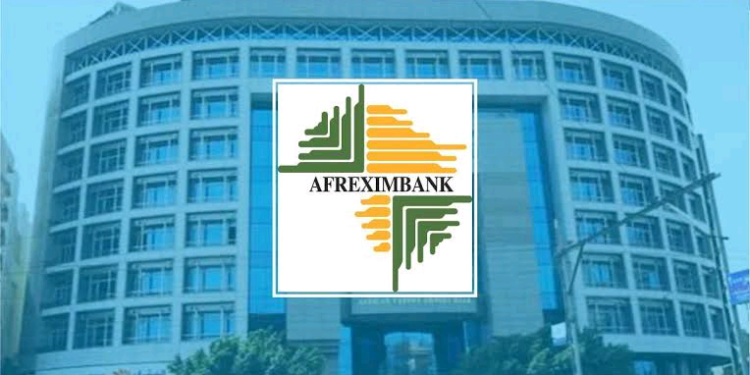By Ebi Kesiena
The African Export-Import Bank (Afreximbank) has urged African leaders and policymakers to take decisive action to control the continent’s natural resources, create jobs, and develop industries that ensure long-term prosperity.
This call was made during the African Mining Indaba 2025, currently taking place in Cape Town, South Africa.
In a keynote address at the event’s ministerial symposium, Afreximbank Group Senior Executive Vice President, Denys Denya, emphasised that Africa stands at a pivotal moment. He challenged the continent to either continue exporting its wealth and remaining a marginal player in the global economy or take bold steps towards resource ownership and value creation.
Denya highlighted the stark disparity in Africa’s mining revenues, noting that while the global mining industry generated approximately $1.7 trillion in 2023, Africa’s share remained disproportionately low.
“Our continent extracts the raw materials that power global industries, yet we capture as little as 4% to 20% of the total value of our minerals due to minimal local processing and limited downstream development,” Denya told an audience of African leaders, policymakers, mining executives, and global partners.
He pointed to the lost economic opportunities, vulnerability to commodity price fluctuations, and reliance on external markets for refined products as key challenges Africa must overcome.
Denya called on governments, financial institutions, investors, and industry stakeholders to work together to transform Africa’s mining sector from mere extraction to one driven by innovation, industrialisation, and wealth creation.
“The choice is ours. The time to act is now,” he stated.
Denya also outlined Africa’s vast resources, market potential, and existing policy frameworks as critical enablers for transitioning from a resource-dependent continent to an industrial powerhouse. However, achieving this vision requires bold, coordinated action.
He emphasised the role of the African Continental Free Trade Area (AfCFTA) in strengthening intra-African mineral value chains and fostering cross-border cooperation. Attracting investment in mining-related infrastructure, technology transfer, and skills development is also crucial.
Additionally, Denya underscored the need for mining policies that prioritise environmental, social, and governance (ESG) standards to ensure that mining activities benefit local communities rather than displacing them.
“This approach will create millions of skilled jobs for our youth, reduce dependence on volatile global markets, and boost intra-African trade,” he said.


































